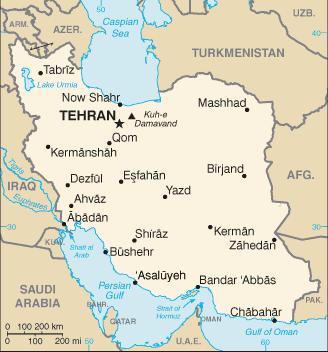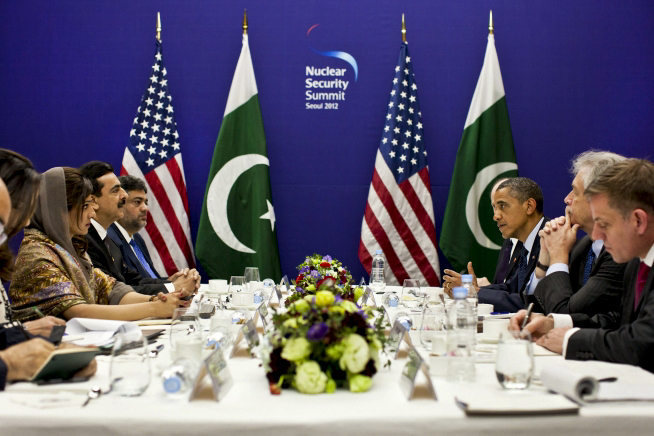
Event Review – Outlining a Possible Future Deal with Iran
By Mitchell Freddura & Aaron Hesse

US officials negotiating with Pakistan, another nuclear challenge
On January 7th of this year seven former members of the Iranian parliament authored a letter calling for direct bilateral negotiations between the United States and Iran as a means to peacefully resolve the standoff over the Iranian nuclear program. This past week two of those authors participated in a panel discussion at the Wilson Center to expound upon the objective of the letter, as well as the potential for a negotiated settlement.
Speaking on behalf of all the letter authors, Fatemeh Haghighatjoo and Seyed Aliakbar Mousavi, both members of the 6th Iranian Parliament, outlined what they believed to be a functional framework for a future deal. The crux of this framework is a cap on Iran’s enrichment of uranium at 5% in return for international sanctions relief.
The letter also calls for Iran to implement the Additional Protocol under the NPT and halt all enrichment to 20%; transferring control of the existing stockpile of 20% enriched uranium to the IAEA.
Both the letter and the speakers themselves stressed the importance of bilateral talks between the United States and Iran. Haghighatjoo asserted that the reelection of President Obama presented a “golden opportunity” for such engagement, while Mousavi noted the importance of negotiating with Iran’s Supreme Leader Ali Khamenei.
George Perkovich, Vice President for Studies and Director of the Nuclear Policy Program at the Carnegie Endowment for International Peace, noted that while it is important to engage the Supreme Leader, he is skeptical of Khamenei’s willingness to reciprocate American overtures.
Perkovich also noted that while the letter represented a fine framework, the devil was in the details. For example, the P5+1 countries believe that acknowledging Iran’s right to enrich uranium, when the NPT guarantees no such provision, is a major concession. Conversely, Iran views this acknowledgement as a prerequisite for continued negotiations.
Jim Walsh, a Research Associate at the MIT Security Studies Program, shared Perkovich’s skepticism on Iran’s “right” to enrich uranium under the NPT, but acknowledged that such a concession may be necessary to secure a long term solution.
Overall, while there were disagreements about the nuances and implementation of a future deal with Iran, every panelist agreed that there was still time for a negotiated settlement. Each panelist also viewed the open letter by the former Iranian members of parliament as an important step toward achieving such a goal.





